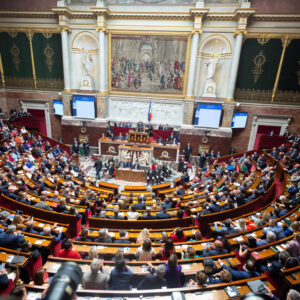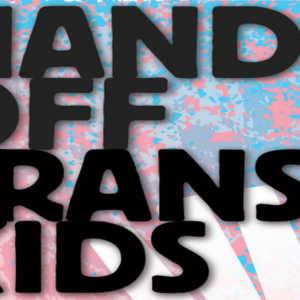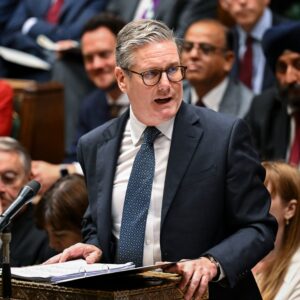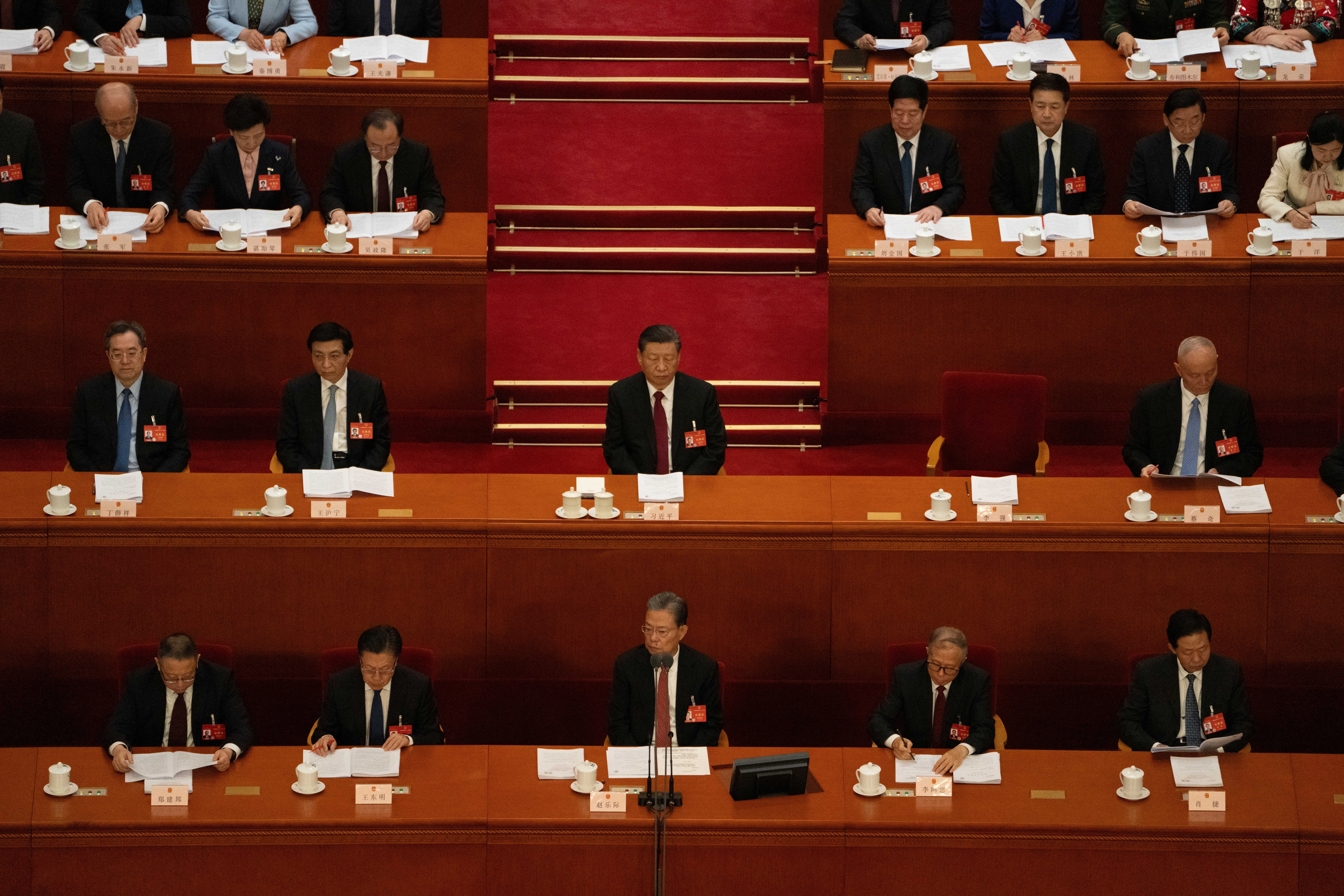Hugo Blanco, the Peruvian revolutionary, peasant leader, former member of parliament, fighter for the rights of indigenous people and for the environment, has died after a short period of acute illness. [1] He was born in 1934 in Cusco in Peru, in the indigenous heartland, and he constantly returned there. At the same time, throughout his life he was always on the road, living in several countries, repeatedly deported by those in power whom he criticised. As late as in March he arrived once more in Sweden, yet again because of political turmoil after a coup in his home country. He died, as he had wished to, close to his two daughters in Sweden, Carmen and Maria.
For many years, Hugo was a member of organisations affiliated to the Fourth International, first in Argentina where he arrived as a young student and then after his return to Peru in the late 1950s. That is where he participated in and played a leading role in the campesino movement against the cruel, neofeudal latifundista reign in the Peruvian Andes. The peasants’ demand for land was met with brutal repression. Hugo took part in the forming of armed self-defence. In one confrontation a policeman was killed. Hugo was put on trial in a military tribunal and the prosecutor argued for a death sentence, but in the end he was sentenced to 25 years in prison.
An international campaign for the liberation of Hugo Blanco was launched immediately after his arrest. Hugo himself has commented that on every occasion his life was threatened – and indeed, there were a lot of occasions – the Fourth International led the way in the campaign to save him. In Sweden, Amnesty International made him their Prisoner of the year in 1968. He was liberated after a supposedly progressive military regime had taken power in Peru in 1970 but was deported some time later to Mexico.
During the Allende period in Chile, Hugo moved there but was forced to flee the country after the military coup in 1973. Like many others he was saved by the Swedish ambassador Harald Edelstam and got asylum in Sweden. That was the beginning of a long relation between Hugo and socialists, solidarity organisations and social movements in Sweden. He returned several times to see the family he had formed there – but also on repeated occasions after being deported or having escaped death threats in Peru.
During a period in the 1970s-80s he was elected to parliamentary assemblies in Peru as a representative of left fronts in which the Peruvian organisation of the Fourth International participated. In the year of 1980, he ran as a presidential candidate in the elections.
During his exile in Mexico, he met and was inspired by the uprising of the Zapatista movement in 1994. He was inspired by their orientation towards building power from below, basing themselves on the traditions of the indigenous peoples. Later Hugo resumed his work in the peasants’ movement in Peru. During the last decades of his life, he dedicated his efforts mainly to the struggle for the rights of indigenous people and for the defence of natural resources against exploitation. He started publishing the monthly newspaper Lucha Indígena (Indigenous struggle), that focuses on indigenous issues and is still being published by Hugo’s comrades.
Hugo’s health was frail for many years. He had been beaten too many times in prison and by police and the military. In 2002 he had a brain operation in Mexico and was treated in Cuba after the operation. In 2019 he visited Sweden, and the visit was prolonged by travel restrictions due to the Covid pandemic. In spite of his deteriorating health, he participated in climate manifestations with Greta Thunberg and Fridays For Future and met activists from the organisations of the Sami, an indigenous people in the northern parts of Sweden, Norway, Finland and Russia.
Hugo Blanco did not compromise in political struggles, and he neither surrendered nor was enticed by privileges he was offered. For instance, he totally rejected offers of joining the half-hearted land reform of the military regime in the beginning of the 1970s. He opposed self-appointed leaderships in parties and movements. Hugo stressed the importance of being practically involved in the daily work of the movements and of listening to all concerned. He also had a rare quality of reaching out to and convincing people. One example is how he addressed his prison guards in the military trial and explained that he made a clear difference between them and their superior offices. During his prison custody and during the trial, his guards repeatedly had to be exchanged since they grew too sympathetic to him. He was present in dramatic moments in world politics, and he managed to convey strategic lessons from every struggle to the rest of us.
In April this year, the Red Room Publishers (Bokförläggarna Röda Rummet) published a biography of Hugo in Swedish, a translation of the book Hugo Blanco – a revolutionary for life by Derek Wall. Those of us who worked with the book in the publishing house were especially pleased that the book was finished in time for him to receive it. At the book launch in Stockholm in early June, there was an intense moment for all present when Hugo participated with a militant greeting on a zoom link from his hospital bed in the city of Uppsala. At the launch, his daughters described what Hugo had meant in their life and in their common political work. One of his daughters, Maria, concluded her presentation with the slogan that will always be associated with the peasants’ movement in Peru in the 1960s and with Hugo Blanco:
Tierra o Muerte! Land or death
FOOTNOTES
[1] Born 15 November 1934 in Cusco Peru, died 25 June 2023 in Uppsala, Sweden.
Art (47) Book Review (102) Books (106) Capitalism (64) China (74) Climate Emergency (97) Conservative Government (90) Conservative Party (45) COVID-19 (43) Economics (36) EcoSocialism (48) Elections (75) Europe (44) Fascism (52) Film (47) Film Review (60) France (66) Gaza (52) Imperialism (95) Israel (103) Italy (42) Keir Starmer (49) Labour Party (108) Long Read (38) Marxism (45) Palestine (133) pandemic (78) Protest (137) Russia (322) Solidarity (123) Statement (44) Trade Unionism (132) Ukraine (324) United States of America (120) War (349)
Latest Articles
- France after the elections: How should the radical left act?In the wake of the National Assembly’s dissolution and new parliamentary configuration, La France Insoumise (LFI) should adopt a clear stance of radical opposition, emphasizing its commitment to anticapitalist principles and democratic reforms while avoiding any compromise with the existing government unless it secures absolute majority support from the populace, argues Gilbert Achcar.
- Why Socialists Oppose the Two‑Child Welfare CapIn this article, Simon Hannah explores why socialists vehemently oppose the government’s two-child welfare cap, arguing that it stems from austerity measures and reactionary views on the poor.
- Hands off Trans KidsA pamphlet from Anti*Capitalist Resistance.
- Two Child Benefit RevoltDave Kellaway responds to the revolt by Labour MPs and others to the Labour government keeping the Tories’ hated two child benefit cap.
- The beginning of the end of China’s rise?This is the second interview in a two-part series. The first interview (“Opposing US militarisation in the Asia-Pacific should not mean remaining silent on China’s emerging imperialism“) covered the nature of China’s state, its status in the world today, and implications for peace and solidarity activism.






